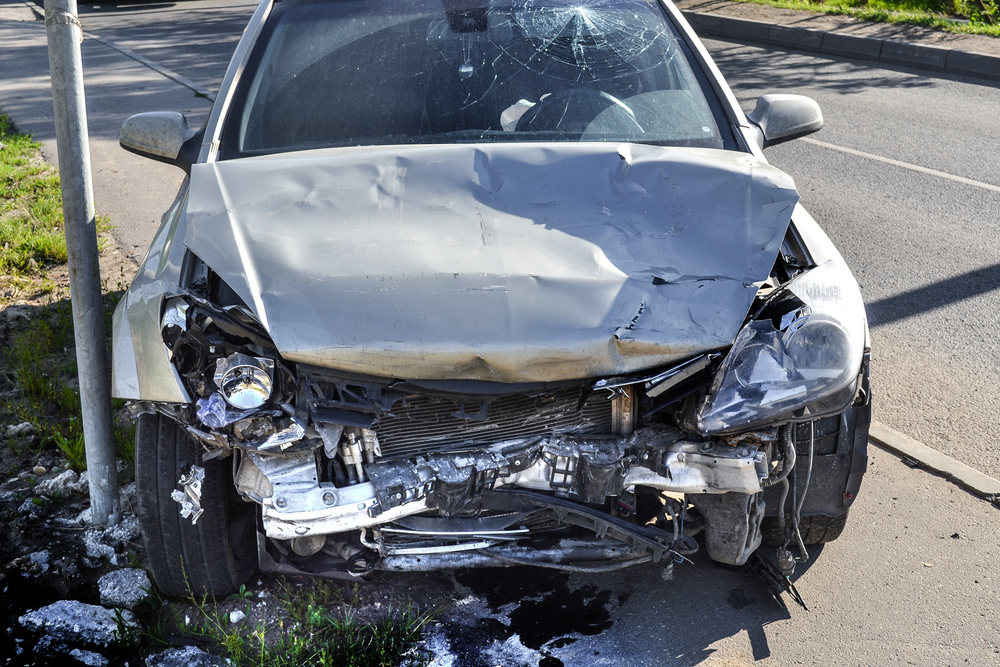
What Should You Do If Your Car is Totaled After an Accident?
Some crashes are so violent that the vehicles involved are damaged to the point where they are no longer safe or practical to drive. If your insurance company determines that your car would be too expensive to repair, they will likely deem it a total loss. If you carry comprehensive or collision coverage, you could receive reimbursement for the fair market value of your totaled vehicle, up to your policy limits. An experienced car accident lawyer can help ensure that you are treated fairly by the insurance company and that you receive the full value of your totaled car.
What Calculations Are Done to Determine Whether a Car is a Total Loss?
Each state has its own laws defining what qualifies as a total loss regarding vehicles damaged in a car accident. Under Nevada statutes, a vehicle is considered totaled when the cost to repair it exceeds 65% of the vehicle’s fair market value. The main exception to this rule is if the car is over ten years old and it only requires the replacement of the hood, trunk lid, fender, or other assemblies that can be bolted and unbolted, such as doors or headlights. If your vehicle fits these criteria, it will not be totaled, regardless of the cost of these repairs.
The fair market value used for these calculations is not the price you paid for the vehicle. Instead, it is the estimated value of the car right before your accident. When determining the fair market value, insurance adjusters will consider your car’s previous accident and repair history and overall condition. If you disagree with the adjuster’s valuation, you may challenge the appraisal in court. However, it is highly recommended to consult with a lawyer before taking this step to ensure that you understand your rights and options.
What Happens After a Car is Totaled?
If you agree with the insurance company’s valuation of your vehicle and the cost to repair it, you can accept their offer to total it. You then have 90 days to send them a salvage title for the car. After this, your insurance company owns your totaled vehicle and will likely sell it for scrap. You will receive a check for the fair market value of your car minus your deductible. It is then your responsibility to pay off any loans on the car and begin looking for a new vehicle. For some policies, there may be a limit on the maximum amount you can receive even if your vehicle is totaled, so it is essential to understand the terms of your policy before agreeing to any offers.
What if I Want to Keep My Totaled Car?
Some individuals may want to keep their totaled vehicle because they have a sentimental attachment to it, or they may have connections to people who could perform the necessary repairs for a much lower price. Before making this decision, it is important to consider all the pros and cons of keeping a totaled vehicle. You will have to request a salvage title, and after the repairs are complete, the vehicle must pass a rigorous inspection before it is allowed back on the highway. Your settlement from the insurance will also be lower because the scrap value of your car will be deducted from the offer.
For most people, keeping a totaled vehicle will not be worth the hassle. However, if you are considering this option or have any other concerns about your totaled car, our attorneys can help ensure that your insurance company treats you fairly and equitably. Contact our law office today at (702) 605-6671.

